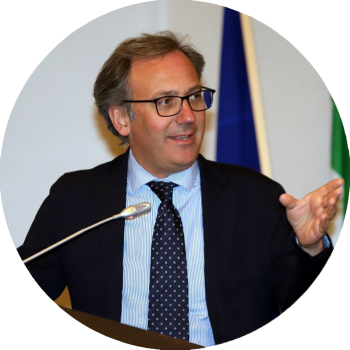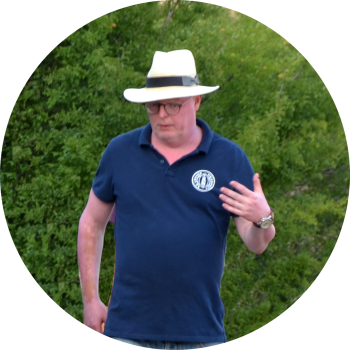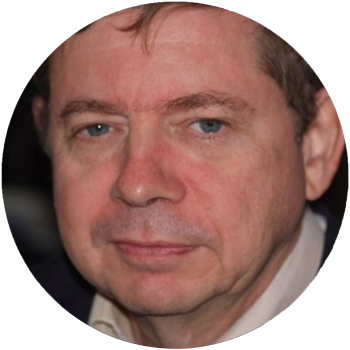


Daniele Malfitana, Ph.D., is a classical archaeologist who specializes in the culture and history of the Roman Empire. He has conducted research at many Roman period sites in Italy, Greece, Turkey, Cyprus, Albania and actually is Head of the Institute for Archaeological and Monumental Heritage of the Italian CNR. He is Leader Project of a international research project based in IBAM. D. Malfitana teaches a variety of undergraduate courses on subjects pertaining to the history, culture and archaeology of the ancient Mediterranean world as well as archaeological theory and methods. Actually is Adjunct Professor of “Methodololy, material culture and artisanal productions in the Classical world” in the Department of Humanities of the University of Catania. Corresponding member of the Society of Roman Studies, London and member of the German Archaeological Institute in Rome. He is directing “Roman Sicily Project: ceramics and trade”, based at IBAM, Catania, an ongoing multidisciplinary research project.


Jeroen Poblome:
jeroen.poblome@kuleuven.be
Designer - Webmaster: Salvatore Vinci